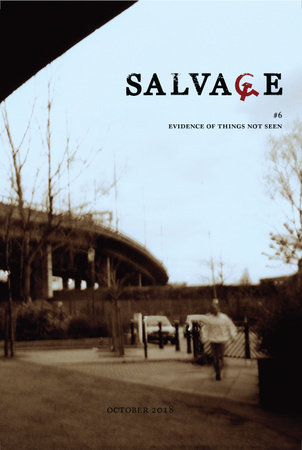Salvage #6: Evidence of Things Not Seen
by
multiple authors
(editors)
Salvage #6: Evidence of Things Not Seen
by
multiple authors
(editors)
[...] relocating political (and economic) decisions to the 'legal' level is an effective way of removing them from popular control. This has made the juridical sphere the perfect vessel for the implementation of austerity politics. By mandating austerity at a legal level, economic decisions can to be [sic] moved - both substantively and ideologically - from the sphere of political contestation into the realm of technocratic necessity.
One final feature of the law is of particular importance here. Lawmaking is - as Karl Klare puts it in 'Law-Making as Praxis' - 'constitutive'. That is to say that law, in creating a system of material and ideological compulsions and incentives, plays a key role in shaping and transforming political terrain. This is the ultimate aim of juridicalised austerity. By creating a system of incentives, the legal framework of austerity ultimately forces 'progressive' governments into implementing austerity on their own.

